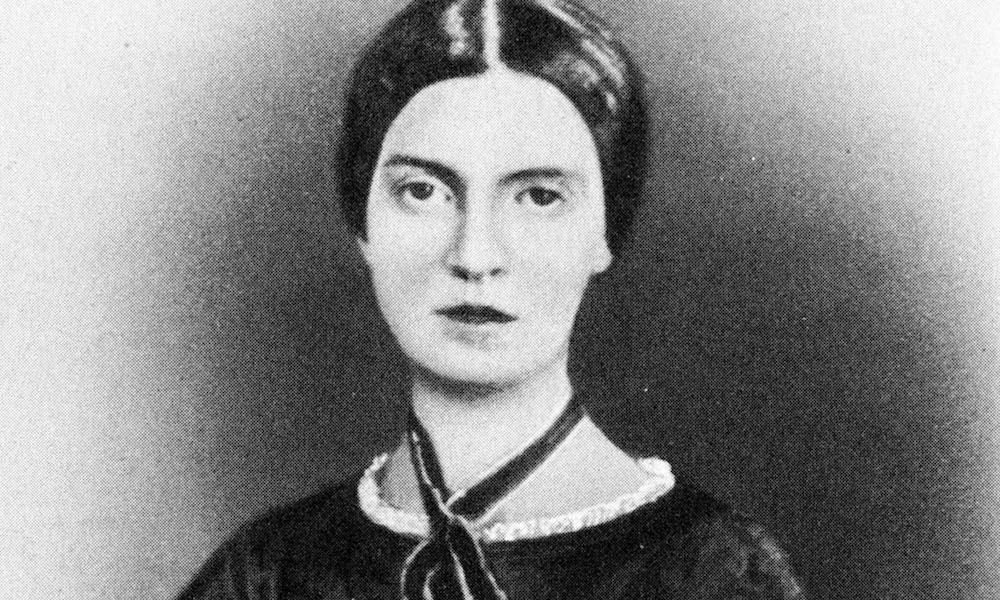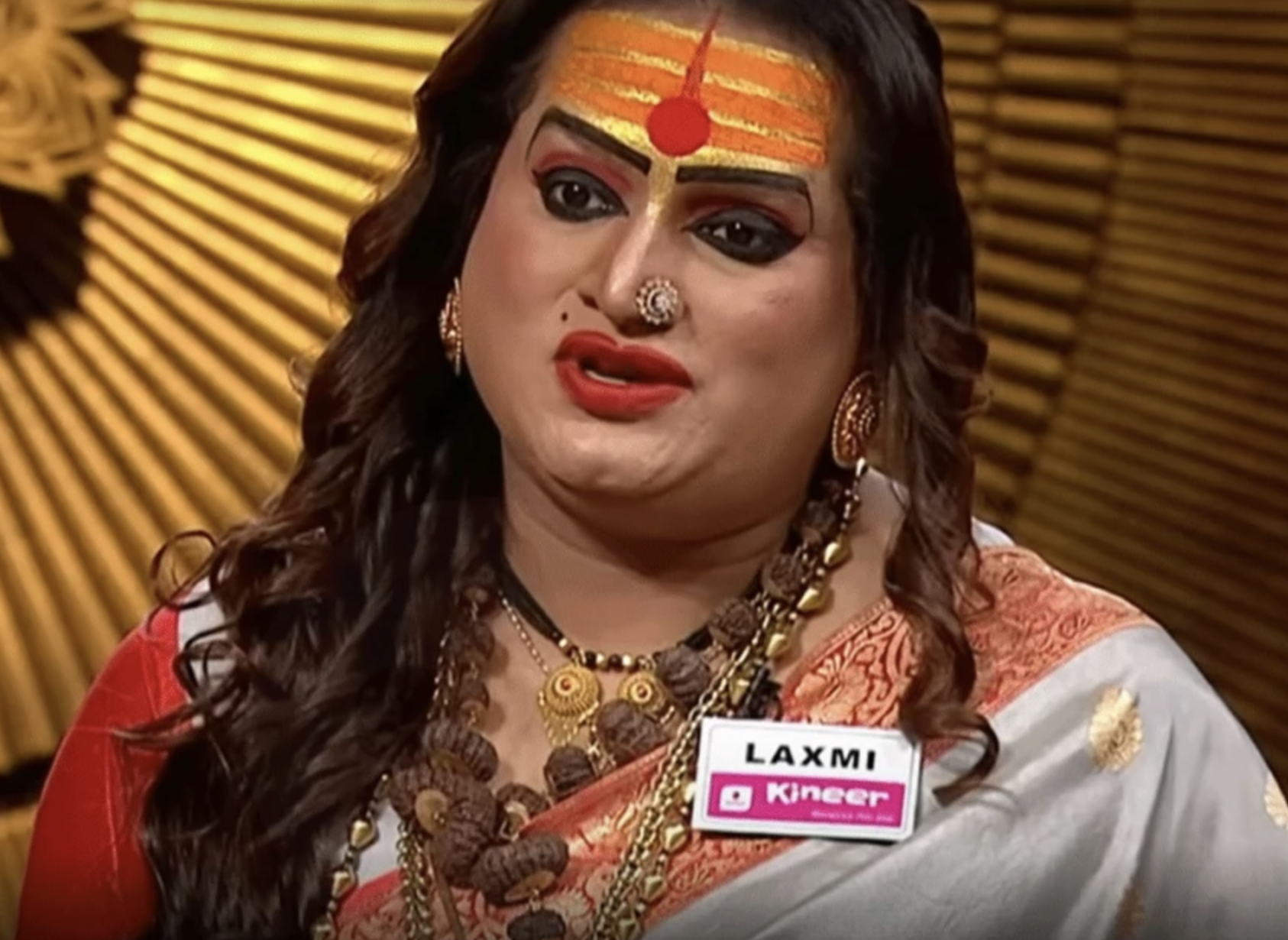
Long-dead authors’ names appear on ‘disgusting’ letter demanding Women’s Prize exclude trans writers

American poet Emily Dickinson, whose name was signed on an anti-trans letter almost 140 years after her death.(Getty/ Culture Club)
An open letter demanding the Women’s Prize exclude trans women bizarrely bears the names of several long-dead authors.
Last month, author Torrey Peters became the first trans woman to be nominated for the £30,000 prize with her debut novel Detransition, Baby.
But a group calling themselves the Wild Woman Writing Club have now written an open letter opposing the inclusion of trans people in the competition, claiming that female authors have been “silenced by gender identity extremists”.
Misgendering Peters throughout and claiming her book is misogynistic, the letter urges organisers to reverse their inclusive policy, and claims that “women are now being shunted back towards the condition of marginalisation which led the founder to establish a single-sex prize to begin with”.
While the letter has been described as “absolutely disgusting” and full of “unhinged levels of bigotry”, many were also confused about why it had been signed by authors who have been dead for a very long time.
Among the signatories are Emily Dickinson, who died in 1886; Daphne DuMaurier, who died in 1989; Willa Cather, who died in 1947; and Currar Bell, the pseudonym of Emily Bronte who died in 1855.
Explaining how famous authors had apparently managed to sign from beyond the grave, the Wild Woman Writing Club said they were “authors who don’t want to lose their livelihoods, adopting pseudonyms”.
Authors who don’t want to lose their livelihoods, adopting pseudonyms
— Wild Woman Writing Club (@wwwritingclub) April 6, 2021
Addressing the confusing decision to sign an open letter with the name of a dead person, one Twitter user wrote: “Adding the names of famous dead authors to my letter to show support for my political cause because I am totally sane and not unhinged in the slightest.”
Other signatories of the letter include anti-trans campaigner Debbie Hayton and Selina Todd, a University of Oxford professor who identifies as a “gender critical feminist” and was described by her own students as “transphobic” in 2019 over her ties to the anti-trans group Woman’s Place UK.
A statement about eligibility for the Women's Prize for Fiction.
Our full terms and conditions of entry can be viewed on our website: https://t.co/nAkInbbiUZ pic.twitter.com/gEsAEuszUF
— Women's Prize (@WomensPrize) April 7, 2021
On Wednesday (7 April), the Women’s Prize for Fiction responded to the open letter in a statement: “The Women’s Prize for Fiction has always aimed to honour, celebrate and champion women’s voices.
“We are immensely proud of the exceptional and varied longlist selected by our esteemed judges this year and are fully committed to supported the books and authors they have chosen.
“The Prize is firmly opposed to any form of discrimination on the basis of race, age, sexuality, gender identity and all other protected characteristics, and deplores any attempts to malign or bully the judges or the authors.
“The Prize’s eligibility rules remain unchanged since it was launched 26 years ago: anyone who is legally defined as a woman can be entered for the Prize by a publisher.
“The Prize’s terms and conditions are very clear and the word ‘woman’ equates to a cis woman, or a transgender woman who is legally defined as a woman.
“The Women’s Prize Trust, the charity behind the Women’s Prize for Fiction, is legally bound to gender definitions as set out in law by its charitable articles and the endowment fund from a private donor which supports the Prize.”
The Women’s Prize for Fiction, although clear in its inclusion of trans women, has a chequered history with the wider trans community.
In 2020, organisers of the Women’s Prize backtracked on their inclusion of non-binary folk in the competition.
Non-binary author Akwaeke Emezi was longlisted for the 2019 prize with their novel Freshwater, which judges called a “historic moment”.
But in October last year, Emezi revealed they had been told that to enter another book they would be required to provide information on their “sex as defined by law”.
As non-binary people are not legally recognised in the UK, Emezi described the longlisting of Freshwater as “transphobic”, and the Women’s Prize was making a distinction between non-binary folk assigned female at birth and assigned male at birth.
Forget about me—I don’t want this prize—but anyone who uses this kind of language does not fuck with trans women either, so when they say it’s for women, they mean cis women.
And yes, this does mean that them longlisting FW was transphobic.
— akwaeke emezi (@azemezi) October 5, 2020
Emezi added on Twitter: “It’s fine for me not to be eligible because I’m not a woman!
“But you not about to be out here on some ‘sex as defined by law’ like that’s not a weapon used against trans women.”
In response, the prize clarified it was open to any “cis woman, a transgender woman or anyone who is legally defined as a woman or of the female sex”.






























